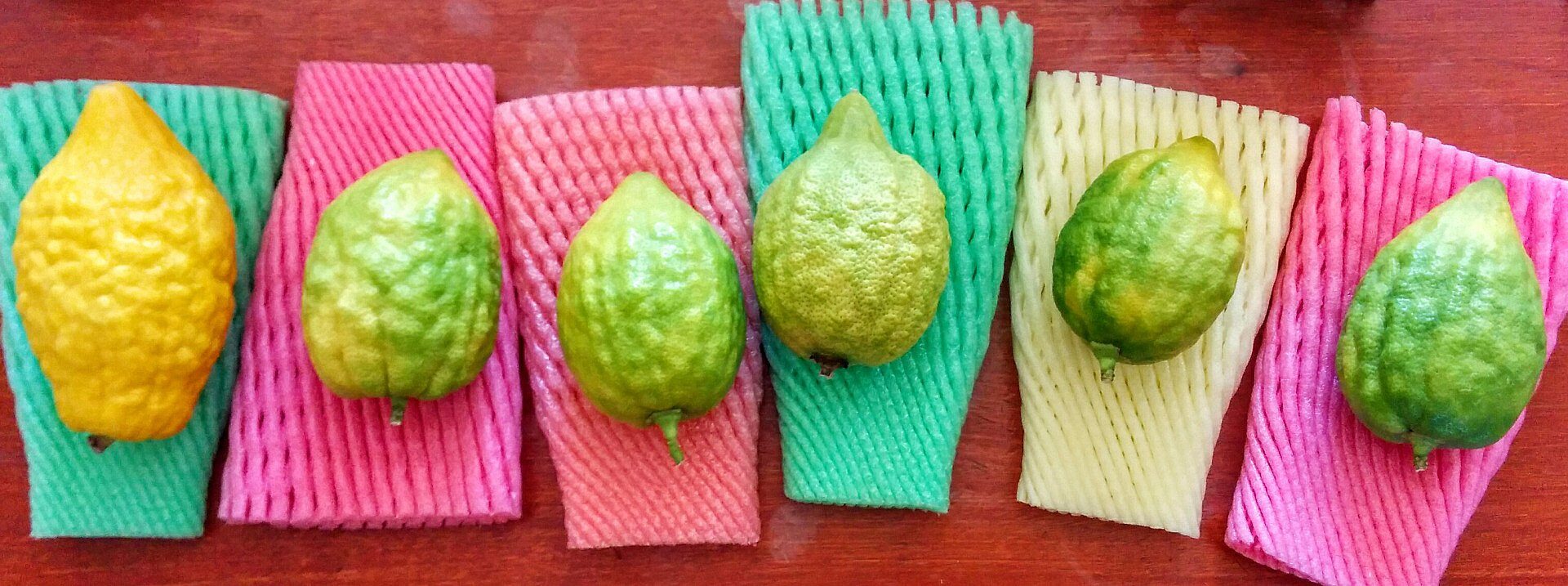Some thoughts on my mind for Sukkot:
Control and Faith: Sukkot is being in God’s protection. That is the memory of the Sukkot of the Midbar. That is the verse כי יצפננו בסוכו ביום רעה (Psalm 27). We live in a world in which we have much that is in our control. And yet these past few years (- Covid – Our lives since Oct 7) remind us that there is much that is out of our control. Sukkot allows us to meditate on those areas of our life in which we can only pray to God and rely on His care and support.
Unity and Diversity: Sukkot is a chag that symbolizes the Jewish people. A famous Midrash compares the 4 Species to four types of Jews: pious, 2. learned, 3. unlearned but traditionally observant, and 4. unlearned and unvirtuous – but the mitzva may only be performed when ALL the 4 species are taken together. As a nation we are meant to be together – כל האזרח בישראל – or as the Talmud puts it – “All Israel are able to sit in one sukkah.” In modern Israel, Ushpizin – inviting guests to one’s sukkah – hospitality – is a big part of the spirit of the chag. Opening ourselves to others.
I will be thinking about our hostages this Sukkot – we already have a poster up with their faces – and I will be praying for their imminent release. But I will also be discussing around our table the virtues and challenge of achieving unity in our diverse, fractious nation after a very tense couple of years and facing an election year. How do we come together? Some say that this unity may be achieved only when we leave our safe spaces, our brick walls, and enter a temporary zone – a Sukka – where we are all equally displaced. What does that mean for us?
Materialism and Simplicity: Sukkot is the festival of the “Ingathering”. By this time in the agricultural year, the farmer would have gathered in his grain, his fruits (which he would dry), nuts, oil, wine. He would have filled his barn and know that he was ready to face the winter. This is the time of “joy” because the proverbial bank account is full, and we have the emotional security to celebrate and share with others.
Rashbam comments that this is why we leave the comfort of our homes at this time – so that security doesn’t become hubris; so that we eat some humble pie, living in a simple hut. (Sometimes I pack my sukka away in my store-room and it is so compact, and I can’t believe that I have “lived” in that for a week!
So – this is an opportunity to think about our materialism in our uber-consumer culture. Sometimes we spend money just because our friends do. Sometimes we can be quite wasteful. Worth meditating on during Sukkot.
Zman Simchateinu – Celebration and Joy: What do we celebrate? How do we celebrate? Do we celebrate enough? Does celebration bring us joy? As individuals? As a family? As a community? As a nation?
In ancient times, the Temple held a celebration which was a mass musical all-night party, celebrating God, our status as the Jewish people, and drawing water from the Shiloah Spring in Jerusalem – the water which signified life, salvation, and national prosperity.
Are we able to raise our heads proud as Jews in today’s world? Do we celebrate our Judaism? Since Oct 7th many of us have felt emotionally stuck and withdrawn – in the doldrums. There is room to mourn the past and present, but Sukkot reminds us that we need to see the joy in our life, in our collective existence, the power of renewal, drawing water anew! Do we sing enough?
Inspiration: At some level, we want the chagim to fill us up, to leave us with inspiration for the coming months. We close the chag by finishing our annual reading of the Torah and starting again – starting from the beginning, but at a higher level of consciousness. What do we take from this past year? What might we gain from our week in the Sukka – an experience or point of inspiration that might carry us forward and upwards. We all need a refresh from time to time.
In speaking about the ”Ushpizin”, the mythic ancestors whose personalities we recall and “invite” to our Sukka, Rav Steinsaltz writes that these seven Jewish figures are: “above history … they are present among us not as memories from the past, but as direct influences on each of our souls. they form our inner essence. On Sukkot, the “Festival of the Ingathering,” we gather together all the separate parts of existence… everything is put in its place.” And so we recall the historic energy of our nation and ask how we can reconnect with that power.
So I am asking myself what I can dig into, what I can bring to mind, that will remind me of my essence, of my passions and truths. Simon Sinek taught us to “Start with Why” – to power our mission with the source of our inspiration. MAybe that is the core of the UShpizin tradition, and possibly, if we can make this more conscious, we might emerge from the chag with a reenergized mindset.
Chag Sameach!
Alex Israel is an author, podcaster, international lecturer teaching Tanakh (Bible) at Yeshivat Eretz Hatzvi and Midreshet Lindenbaum, and spreading the teachings of Rabbi Sacks for the Rabbi Sacks Legacy.
See his Torah at www.alexisrael.org or listen to The Tanakh Podcast on Spotify

